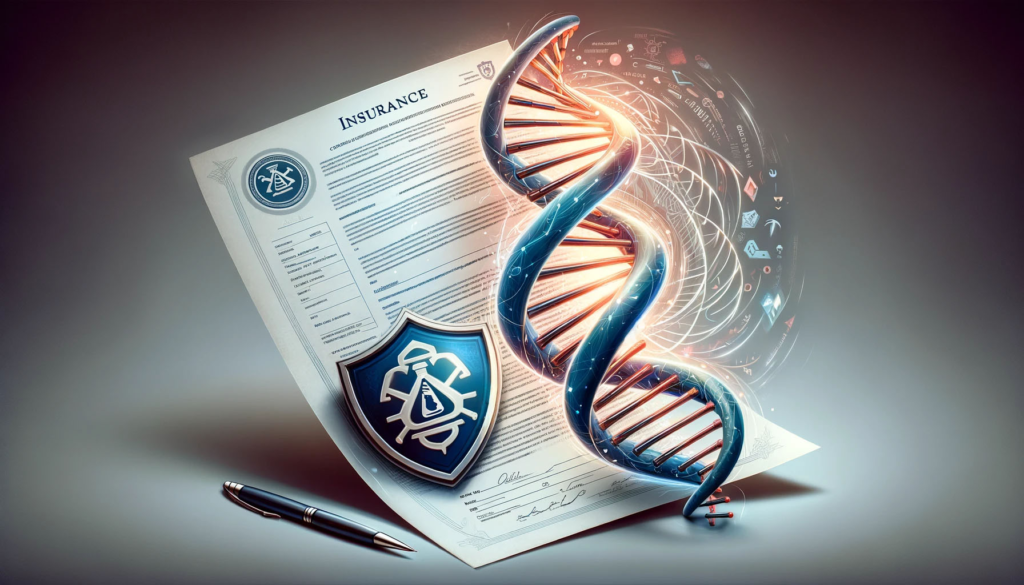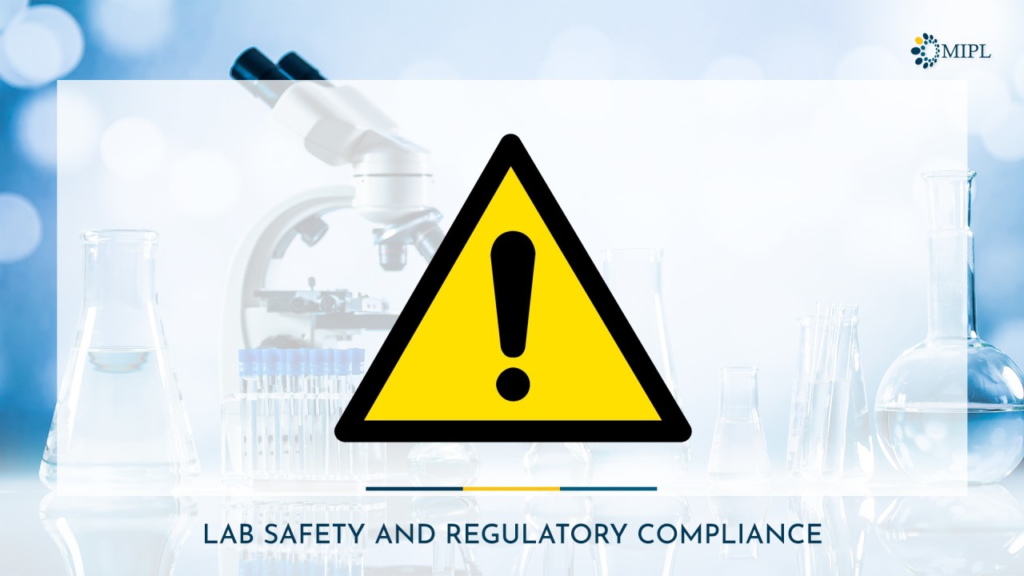INTRODUCTION:
Synthetic biology, a rapidly advancing field that combines biology and engineering principles to design and construct new biological parts, devices, and systems, holds great promise for various applications, including healthcare, agriculture, and environmental remediation. However, with the potential for creating novel organisms and genetic constructs comes inherent risks, including biosecurity threats and lab accidents. In the United States, insurance for synthetic biology plays a crucial role in mitigating these risks, providing coverage for a range of potential exposures faced by researchers, biotechnology companies, and laboratory facilities.

Biosecurity Risks Coverage
A. Bioweapon Threats:
- Insurance policies may cover losses resulting from bioterrorism or deliberate misuse of synthetic biology techniques to create biological weapons.
- Coverage may include costs associated with containment, cleanup, and decontamination of facilities in the event of a bioweapon attack.
B. Dual-Use Research:
- Coverage may extend to losses resulting from accidental release or unintended consequences of dual-use research, which has the potential for both beneficial and harmful applications.
- Insurance policies may provide indemnification for legal expenses, regulatory fines, and reputational damage arising from dual-use research incidents.
Lab Accidents Coverage
A. Containment Failures:
- Insurance policies may cover losses resulting from containment failures in laboratory facilities, such as accidental release or escape of genetically modified organisms (GMOs).
- Coverage may include cleanup costs, property damage, and liability claims arising from lab accidents.
B. Personal Injury:
- Coverage extends to bodily injury claims resulting from lab accidents, including exposure to hazardous materials, chemical spills, or biological contaminants.
- Insurance policies may provide compensation for medical expenses, lost wages, and pain and suffering incurred by laboratory personnel or third parties affected by accidents.

Regulatory Compliance
A. Federal Regulations:
- The U.S. government regulates synthetic biology research and biotechnology activities through various federal agencies, including the National Institutes of Health (NIH), the Environmental Protection Agency (EPA), and the Food and Drug Administration (FDA).
- Insurance policies may include coverage for legal expenses, fines, or penalties resulting from violations of federal regulations governing synthetic biology research and biotechnology activities.
B. Compliance Costs:
- Insurance policies may cover expenses related to compliance with federal regulations, such as biosafety and biosecurity training, facility upgrades, and regulatory reporting requirements.
- Coverage may extend to costs associated with obtaining permits, licenses, or approvals from regulatory authorities for conducting synthetic biology research or biotechnology activities.

Risk Management Practices
Safety Protocols:
- Laboratory facilities should implement rigorous safety protocols and procedures to minimize the risk of accidents and ensure compliance with biosafety and biosecurity standards.
- Insurance policies may offer premium discounts or incentives for laboratories that demonstrate adherence to best practices in risk management and safety.
Emergency Response Plans:
- Laboratories should develop comprehensive emergency response plans to address accidents, spills, or containment breaches promptly and effectively.
- Insurance policies may provide coverage for emergency response and crisis management services, including cleanup, decontamination, and communication with regulatory authorities and the public.
Conclusion
Insurance for synthetic biology plays a vital role in managing biosecurity risks and mitigating the financial consequences of lab accidents in the United States. By providing coverage for a range of potential exposures, including bioweapon threats, containment failures, and personal injury claims, insurance enables researchers, biotechnology companies, and laboratory facilities to pursue innovative synthetic biology research while safeguarding against unforeseen liabilities and regulatory compliance challenges. As the field continues to advance, insurance products and risk management strategies will evolve to address emerging risks and ensure the safe and responsible development of synthetic biology applications for the benefit of society.


